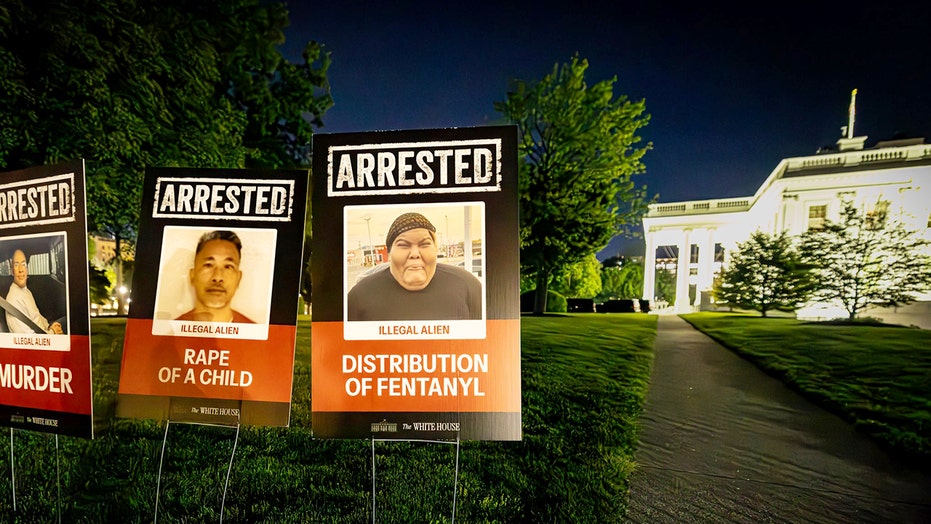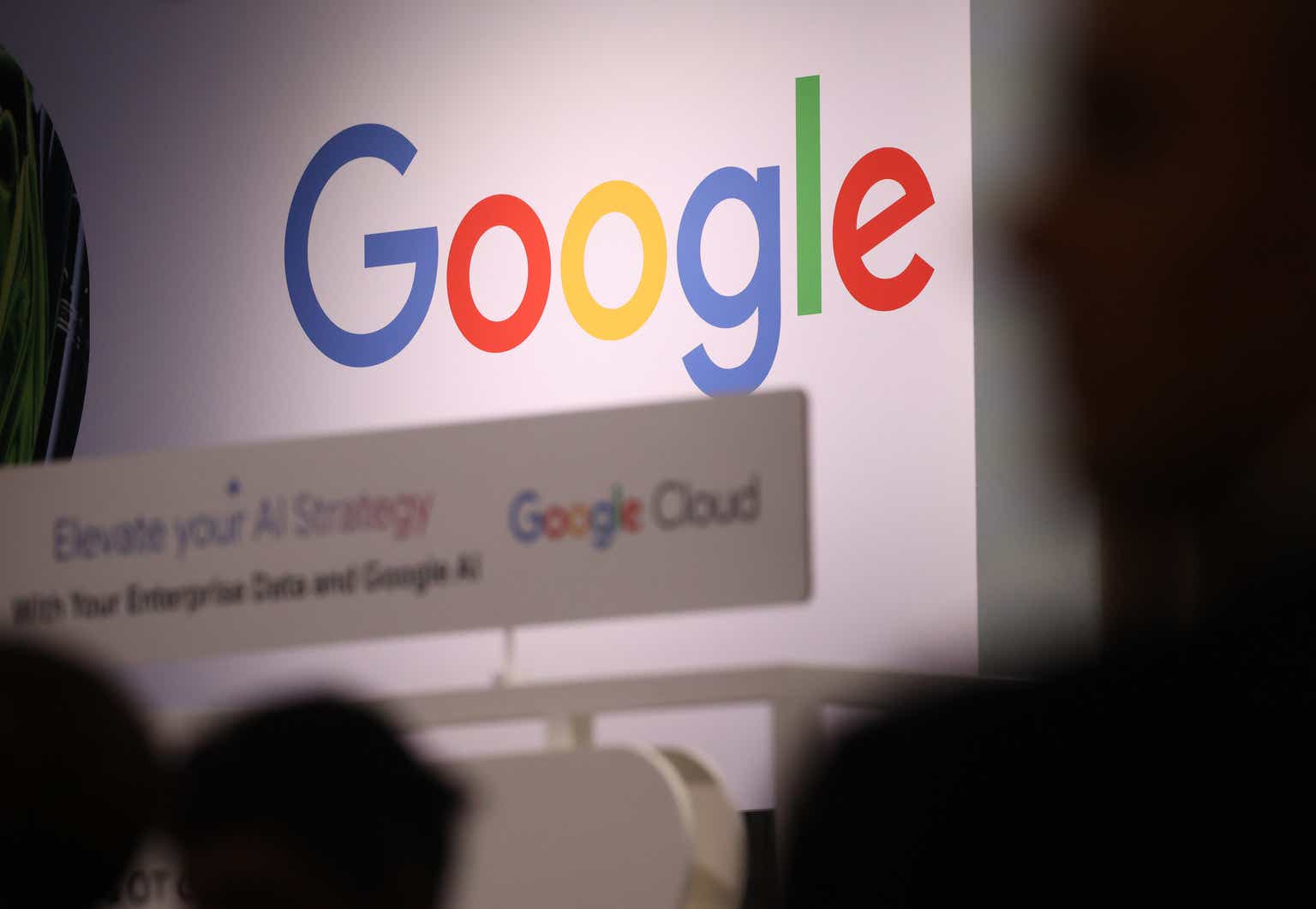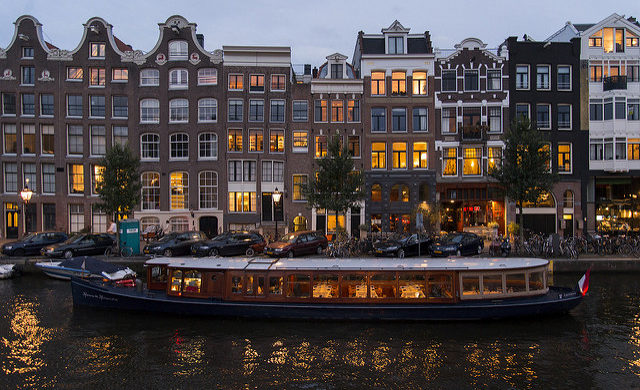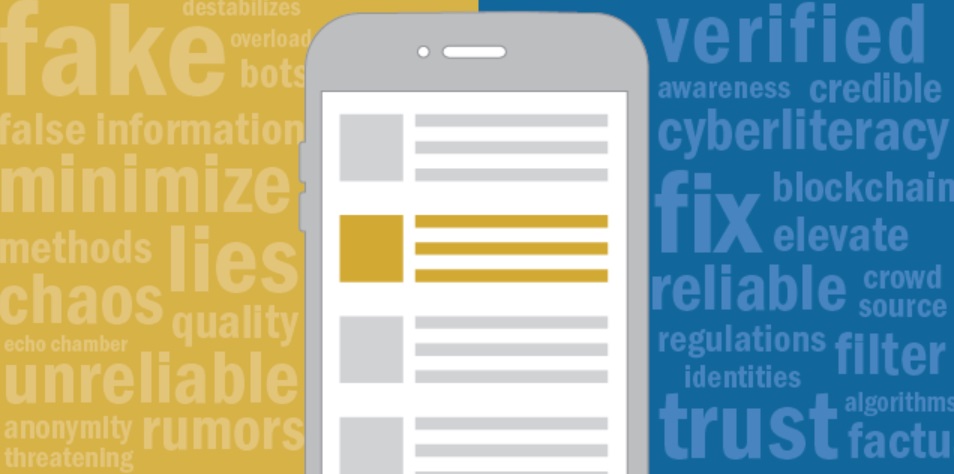NYT series: Religion is back, and it’s a good thing, too. Dawkins responds and dissents.
The NYT’s associate editor Lauren Jackson is doing a year-long series on “belief” for the paper. In her latest piece (click below to read, or find it archived here), she pulls out all the stops, averring the several points that we’ve seen appearing over and over again in the MSM. To wit: 1.) America needs … Continue reading NYT series: Religion is back, and it’s a good thing, too. Dawkins responds and dissents.

The NYT’s associate editor Lauren Jackson is doing a year-long series on “belief” for the paper. In her latest piece (click below to read, or find it archived here), she pulls out all the stops, averring the several points that we’ve seen appearing over and over again in the MSM. To wit:
1.) America needs religion to hang together as a society. Religious people by almost any measure are happier, less lonely, more educated, and more well off than nonbelivers. That, she implies, is a reason to believe, even though she herself is a nonbeliever. (I guess she has “belief in belief”.)
2.) But religion is waning in America (this is based on a Pew survey that shows that the “Christian share of the U.S. population stabilizes.” But look at the data below she adduces! It’s pretty pathetic, showing a decline over two years as the percentage of “Americans who identify as Christian”, a figure that has been fairly constant since 2019 at about 63%. This is after nearly 20 years of a steady decline. The percentage of “nones” (people not affiliated with a particular denomination) has also dropped by 2-3% in one year (2022-2023) and all this has heartened believers (or “believers in belief”) to cheer for the perceived resurgence of religion in America.
3.) Jackson, an ex-Mormon and now nonbeliever, nevertheless applauds this trend as well, for, after she left the Latter-day Saints, she never found the happiness and connection she achieved as a Mormon. Her laments about this loss verge on a Big Whine, for one wants to keep asking her “Well, why don’t you go back to religion?” Jackson’s answer is unsatisfactory.
4.) And we get the usual palaver that most of us harbor a God-shaped “hole in our hearts”: a desperate need for religion that can’t be filled by any other activity or form of sociality.
I’ve argued against many of these claims before, and this post is a précis of Jackson’s long argument. But below I’ll show you how Richard Dawkins has answered her—far better than I. What is worth pondering is why the media is making such a big brouhaha about religion’s resurgence now (see article by Dreher, Douthat, and Hirsi Ali), and why they insist that only belief in God can quell our angst. I attribute this largely to two things: the pandemic and Trump, both of which have made people unhappy and insecure. And when that happens people turn to faith.
But I digress: here’s the article. I’ll give some indented quotes:
Here’s her reason for giving up Mormonism. It seems to have little to do with the religions’s ludicrous truth claims, but with her desire to conform to her peers. But she couldn’t, as Barry Manilow sang, “get the feeling again,” no matter what she did:
I never really wanted to leave my faith. I wasn’t interested in exile — familial, cultural or spiritual. But my curiosity pulled me away from the Church of Jesus Christ of Latter-day Saints and toward a secular university. There, I tried to be both religious and cool, believing but discerning. I didn’t see any incompatibility between those things. But America’s intense ideological polarity made me feel as if I had to pick.
My story maps onto America’s relationship to religion over the last 30 years. I was born in the mid-1990s, the moment that researchers say the country began a mass exodus from Christianity. Around 40 million Americans have left churches over the last few decades, and about 30 percent of the population now identifies as having no religion. People worked to build rich, fulfilling lives outside of faith.
That’s what I did, too. I spent my 20s worshiping at the altar of work and, in my free time, testing secular ideas for how to live well. I built a community. I volunteered. I cared for my nieces and nephews. I pursued wellness. I paid for workout classes on Sunday mornings, practiced mindfulness, went to therapy, visited saunas and subscribed to meditation apps. I tried book clubs and running clubs. I cobbled together moral instruction from books on philosophy and whatever happened to move me on Instagram. Nothing has felt quite like that chapel in Arkansas.
And her proclamation that religion is back!:
America’s secularization was an immense social transformation. Has it left us better off? People are unhappier than they’ve ever been and the country is in an epidemic of loneliness. It’s not just secularism that’s to blame, but those without religious affiliation in particular rank lower on key metrics of well-being. They feel less connected to others, less spiritually at peace and they experience less awe and gratitude regularly.
Now, the country seems to be revisiting the role of religion. Secularization is on pause in America, a study from Pew found this year. This is a major, generational shift. [JAC: Generational?] People are no longer leaving Christianity; other major religions are growing. Almost all Americans — 92 percent of adults, both inside and outside of religion — say they hold some form of spiritual belief, in a god, human souls or spirits, an afterlife or something “beyond the natural world.” The future, of course, is still uncertain: The number of nonreligious Americans will probably continue to rise as today’s young people enter adulthood and have their own children. But for now, secularism has not yet triumphed over religion. Instead, its limits in America may be exposed.
Well, if she admits that religion will probably continue to wane, then what is she celebrating? The “limits”–the pathetic “limits” you see in the graph above?
She goes on at length about studies showing the palpable advantage of religion in promoting happiness and well-being, and I’m not familiar with much of that work. Even so, if we don’t believe in God for various reasons (mine is “no evidence”) are we supposed to force ourselves to believe because if we pretend to, we might actually lapse back into belief? And there are all those friendly people you can meet in church.
Yes, Ms. Jackson longs and pines for her God, but she just can’t get that feeling again. Here’s the biggest whine, which makes me want to shake her and say, “Go back to church, for crying out loud!”: Bolding is mine:
But many of these “nones” have had a dawning recognition that they had thrown “the baby out with the baptismal water,” as my colleague Michelle Cottle said.
“I would love to find a way to have what I had then without compromising who I feel I am now,” Ms. Mahoney told me.
Like Ms. Mahoney and many other “nones,” I too feel stuck. I miss what I had. In leaving the church, I lost access to a community that cut across age and class. I lost opportunities to support that community in ways that are inconvenient and extraordinary — when the baby arrives, the moving truck comes or grief overwhelms. I lost answers about planets, galaxies, eternity. I still find it odd to move through the world, going to the gym and sending Slack messages, with these questions threatening to overtake me. Shouldn’t I be dumbstruck, constantly? Shouldn’t we all?
. . . In a country where most people are pessimistic about the future and don’t trust the government, where hope is hard to come by, people are longing to believe in something. Religion can offer beliefs, belonging and behaviors all in one place; it can enchant life; most importantly, it tells people that their lives have a purpose.
Well, as I’ve discussed sporadically, and readers mostly agree, our lives do NOT have a purpose imposed by the outside, including by belief in God. The idea of your “life’s purpose” is confected: it is a made-up construct incorporating the things you’ve done that you find satisfying, meaningful, or enjoyable. And this brings up the question of evidence for God, something that’s pretty much neglected by Jackson.
Bolding is mine below. I don’t see why she can’t go back—perhaps not to Mormonism, but there are plenty of more humanistic faiths, including deism and pantheism. There’s even Unitarian Universalism, a non-goddy faith that’s currently riven by social-justice issues. But what about Quakerism?
And if her beliefs have changed, perhaps, just perhaps, she sees that it’s really impossible for her to regain faith because she realized that there’s simply no evidence for a god. So we have the equivalent of a child who can’t take her teddy bear to school and yet desperately longs for it because it gives her such comfort. Again, bolding is mine.
But I don’t feel I can go back. My life has changed: I enjoy the small vices (tea, wine, buying flowers on the sabbath) that were once off limits to me. Most importantly, though, my beliefs have changed. I’ve been steeped in secularism for a decade, and I can no longer access the propulsive, uncritical belief I once felt. I also see too clearly the constraints and even dangers of religion. I have written about Latter-day Saints who were excommunicated for criticizing sexual abuse, about the struggles faced by gay people who want to stay in the church.
I recognize, though, that my spiritual longing persists — and it hasn’t been sated by secularism. I want a god. I live an ocean away from that small Arkansas chapel, but I still remember the bliss of finding the sublime in the mundane. I still want it all to be true: miracles, souls, some sort of cosmic alchemy that makes sense of the chaos.
For years, I haven’t been able to say that publicly. But it feels like something is changing. That maybe the culture is shifting. That maybe we’re starting to recognize that it’s possible to be both believing and discerning after all.
Part of my response is in 1 Corintians 13:11, and I’ll substitute “woman” for “man”:
When I was a child, I spake as a child, I understood as a child, I thought as a child: but when I became a woman, I put away childish things.
Time to ditch the teddy bear.
This is where Richard Dawkins enters. Ms. Jackson, wracked with doubt, had read Richard’s books, which had some influence on her. So she called him up and asked him about the need for faith:
A few weeks ago, I called Mr. Dawkins, the famous atheist whose book had so shaken me all those years ago. I wanted to know what he made of the fact that America’s secularization had stagnated.
He remained hopeful that secularism can replace religion. “It seems to me, should be reasonably easy to sort out,” he said. For ethics, he encouraged people to take civics classes and host a weekly discussion club. For community? “Play golf.”
He said he understood that churches in particular could provide moral instruction (and he said he valued the ethical teachings of Jesus as a man). But he insisted people should be able to fulfill their spiritual desires outside of faith: “It should be quite easy to show documentary films: David Attenborough films, Carl Sagan films, Neil deGrasse Tyson. There are lots of substitutes to spirituality that those can provide.”
But many of the people I have spoken to say those kinds of alternatives aren’t enough.
Well, there was nothing else for me to do than forward the article to Richard, since he was quoted. It turns out he hadn’t seen it. But, in about a day, he knocked out a short but trenchant response to Jackson’s agonized lucurations. His piece is a masterpiece of defending humanism. I am not going to quote it except for the very last bit, for you can read it on his Substack by clicking on the link below (it’s also archived here).
The ending:
Who needs New Age spirituality (“sound baths”, “energy healing”, “astrology”),who needs to thumb-suck under a mental comfort blanket, who needs gods, when reality is there for the taking?
I’d say, “Touché.”




















_Muhammad_R._Fakhrurrozi_Alamy.jpg?width=1280&auto=webp&quality=80&disable=upscale#)




















































